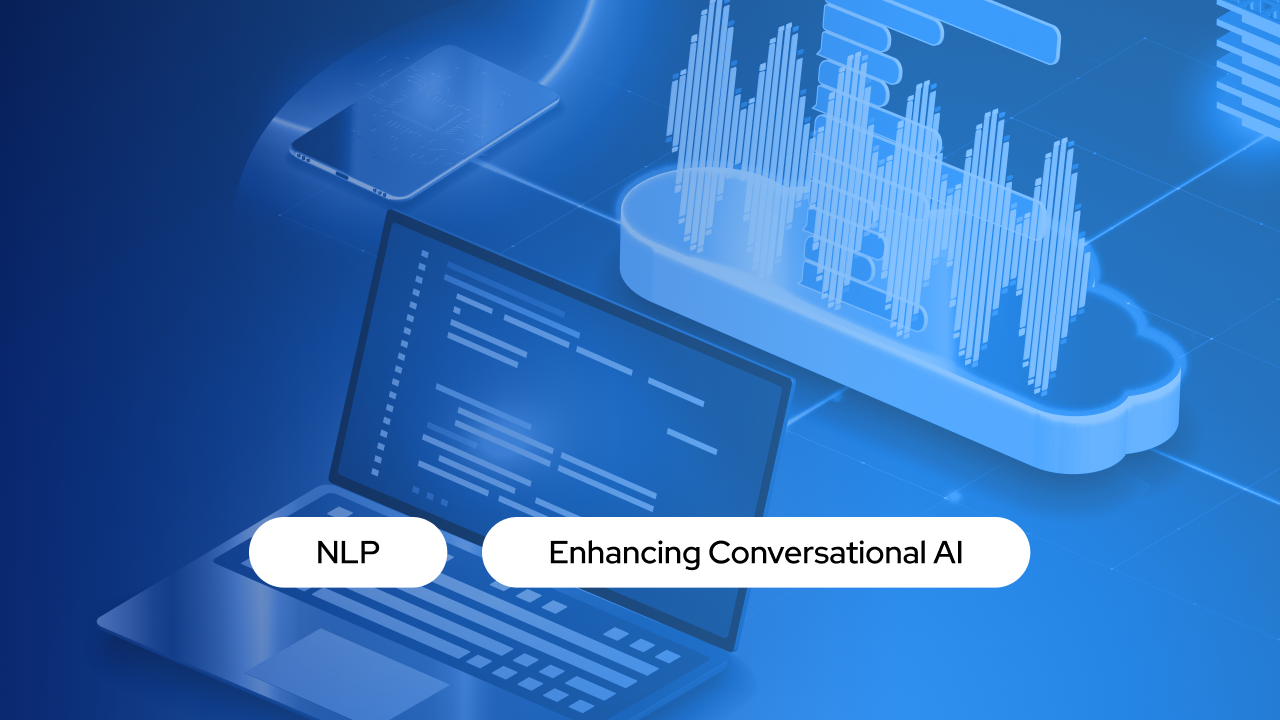The Future of Software Testing with AI

Software testing is a crucial phase in the development lifecycle of any application. It evaluates functionality, performance, and compliance to ensure that the software meets specified requirements and operates as intended. Traditionally, software testing has been both time-consuming and susceptible to human error. The integration of Artificial Intelligence (AI) into this field has revolutionized these processes, offering faster, more efficient, and accurate methods of testing.
State of AI in Software Testing in 2024
The impact of AI on software testing is undeniable, and authoritative sources such as ISTBQ, Gartner, and the British Department for Science, Innovation, and Technology (DSIT) highlight its significance. These insights reveal that traditional software testing methods are gradually being phased out in favor of AI-driven approaches.
Consider these key statistics:
- AI-driven testing has enhanced test coverage by up to 85%.
- Organizations utilizing AI-driven testing techniques report a 30% reduction in testing costs and a 25% improvement in testing efficiency.
- Predictions suggest that by 2025, 50% of all new software development projects will employ AI-powered testing tools.
- Despite widespread adoption, 47% of AI users have yet to implement specific cybersecurity practices for AI applications.
Advantages of Employing AI in Software Testing
Increased Speed and Efficiency
One of the primary benefits of AI in software testing is its dramatic increase in speed and efficiency. AI tools can execute repetitive tasks such as regression testing, functional testing, and performance testing much faster than human testers, significantly saving time and reducing the risk of human error. For example, ChatGPT can generate test cases in seconds based on given acceptance criteria or assist in software test automation efforts by crafting BDD-style test scenarios.
Improved Quality Assurance
AI-powered tools can significantly enhance the quality of software testing by identifying defects and bugs that might otherwise be missed by human testers. These tools can analyze vast amounts of data to provide insights that improve the overall quality of the application under test. Furthermore, AI can identify patterns and trends in testing data that can be used to refine the testing process and prevent defects from recurring. Quality assurance teams are empowered with advanced tools listed on the best software testing tools.
Cost Efficiency
Implementing AI in software testing also leads to substantial cost savings. Organizations can reduce the need for large testing teams by automating routine tasks, thereby cutting labor costs. Additionally, by identifying defects earlier in the development cycle, AI reduces the expensive fixes required at later stages.
Innovative AI Technologies Transforming Software Testing
Automated Script Generation: AI-driven test automation tools like Testim and Katalon Studio can automatically generate test scripts, ensuring comprehensive coverage of all critical application functionalities.
Test Case Optimization: AI technologies can optimize test cases by analyzing test data and identifying patterns. This helps testers focus on the most critical aspects of the application, reducing the number of tests needed while maintaining efficacy. Tools such as Applitools and TestCraft are leaders in this area.
Automated Test Execution: AI technologies can automate the execution of test cases, reducing the need for human intervention. This allows the QA team more time to conduct exploratory testing. Testim and Katalon Studio are notable tools that provide automated test execution.
Challenges Facing AI in Software Testing
Despite the numerous benefits, AI integration in software testing is not without its challenges:
Learning Curve: AI-powered testing tools require significant training and familiarity, which can be a hurdle for testers who are new to AI.
Debugging Complexity: AI can generate complex data during testing, making it difficult to interpret and debug. Pinpointing the root causes of errors in AI-driven tests demands sophisticated analysis tools and skills.
The Future Landscape of AI in Software Testing
The future of AI in quality assurance looks promising, with innovations poised to transform the landscape further. Future developments may include:
AI-Driven Test Automation: Enhanced by AI, test automation is becoming smarter and more adaptable, capable of adjusting test scripts automatically in response to application changes.
Intelligent Test Case Generation: Utilizing AI to analyze requirements and historical data facilitates comprehensive test scenario creation that anticipates a wide range of issues.
Predictive Analytics in Defect Prevention: Leveraging AI to forecast potential defects using historical data and trends, enabling proactive defect management.
Enhanced Test Execution and Analysis: AI will continue to refine test execution and analysis by identifying anomalies and establishing correlations within test results, which accelerates issue identification and provides deeper insights.
The integration of AI is transforming software testing from a routine technical task into a strategic component of software development, enhancing both the efficiency and the efficacy of testing processes. As AI technologies evolve, they will offer even more sophisticated tools that augment the capabilities of QA engineers, allowing them to focus on critical thinking, exploratory testing, and strategic decision-making. This shift not only boosts productivity but also enhances the overall quality of software products.




